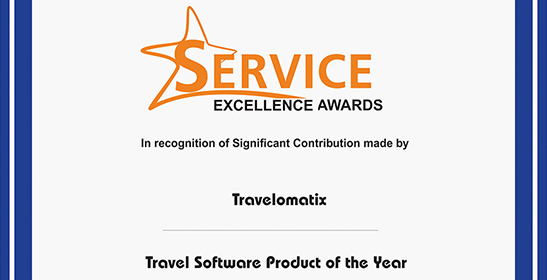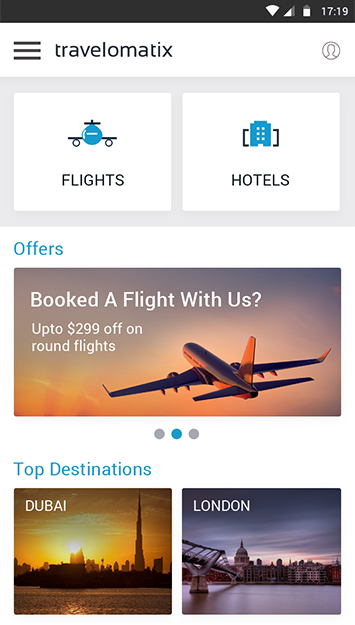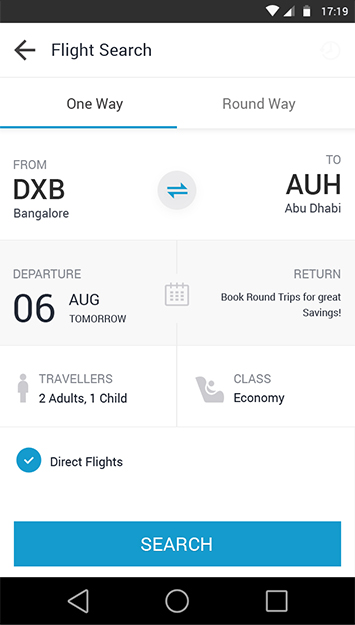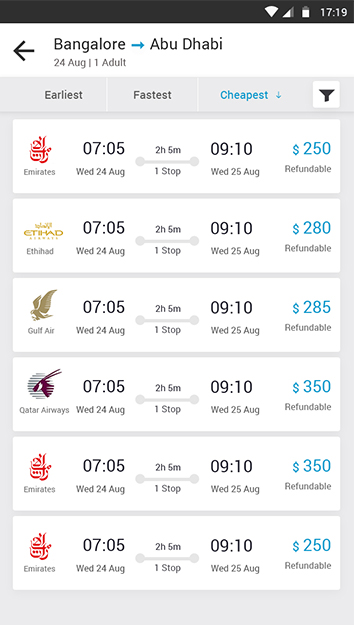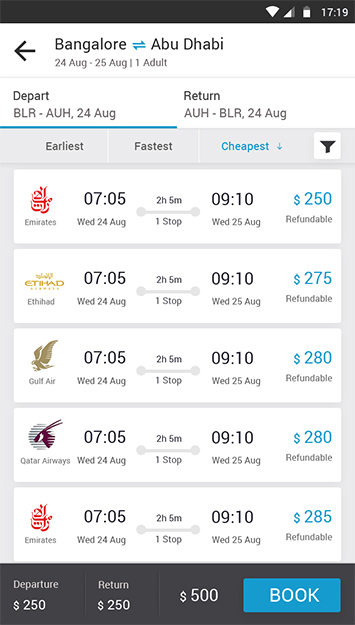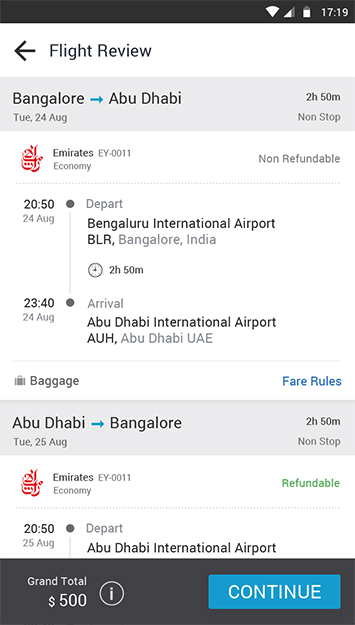How to Set Up Online Travel Agency Business in the United States? - A Complete Guide
November 21, 2023
ANITA A
The travel industry is constantly evolving, and with the increasing popularity of online bookings, starting your own online travel agency (OTA) can be a lucrative venture. If you're considering launching an OTA in the United States, it's essential to navigate the complex landscape of regulations, technology, and customer expectations. In this guide, we'll walk you through the step-by-step process to help you set up and run a successful online travel agency.

1. Conduct Thorough Market Research
Before diving into the world of
online travel agencies
, it's crucial to conduct thorough market research. Identify your target audience, analyze competitors, and understand the specific needs and preferences of travelers. Consider niche markets that may be underserved or explore unique offerings that set your OTA apart from the competition. By understanding the market landscape, you can tailor your services to meet the demands of your potential customers.
2. Develop a Comprehensive Business Plan
A solid business plan is the foundation of any successful venture. Outline your business model, define your unique selling proposition (USP), and set realistic financial projections. Your business plan should cover marketing strategies, revenue streams, and operational details. This document not only serves as a roadmap for your business but is also crucial when seeking funding or partnerships.
3. Choose the Right Legal Structure
Selecting the appropriate legal structure for your online travel agency is a critical decision. Most
travel businesses in USA opt for a Limited Liability Company (LLC) or a corporation to protect personal assets and limit liability. Register your business with the necessary state authorities and obtain any required licenses or permits for operating an
OTA in the United States
.
4. Select a Memorable Business Name and Domain
Your business name is the first impression customers will have of your online travel agency. Choose a name that reflects your brand and is easy to remember. Once you've settled on a name, register a corresponding domain for your website. A cohesive and
recognizable travel brand is essential for building trust with potential customers.
5. Ensure Regulatory Compliance
Navigating the regulatory landscape is a crucial aspect of
establishing an online travel agency
. Familiarize yourself with federal and state regulations governing the travel industry. Ensure compliance with laws related to data protection, consumer rights, and any specific regulations applicable to travel agencies. Obtaining the necessary licenses and permits is essential to avoid legal issues down the road.
6. Invest in Business Insurance
Protect your online travel agency and its assets by investing in business insurance. Policies such as general liability insurance and professional liability insurance can provide coverage against potential risks and liabilities. Insurance not only safeguards your business but also instills confidence in both customers and partners.
7. Establish Relationships with Travel Suppliers
Building strong relationships with
travel suppliers is key to offering a diverse range of options to your customers.
Connect with airlines
, hotels, car rental companies, and tour operators to secure favorable agreements.
Negotiate competitive rates and ensure reliable access to inventory to provide your customers with the best possible options.
8. Develop a User-Friendly Website
Invest in a robust and user-friendly travel website that serves as the central hub for your online travel agency. Your
travel website should feature intuitive navigation, high-quality visuals, and a secure platform for transactions. Implement an efficient reservation system that enables customers to easily browse and book travel options.
9. Implement Secure Payment Processing
Set up secure and efficient payment processing systems to handle transactions on your website. Security is paramount when dealing with customer financial information. Choose reputable payment gateways that comply with industry standards and regulations. Providing a secure payment environment builds trust and confidence among your customers.
10. Prioritize Security and Privacy
In the age of online transactions, prioritizing security and privacy is non-negotiable. Implement robust cybersecurity measures to protect customer data and sensitive information. Clearly communicate your privacy policy to users, assuring them that their data is handled with the utmost care. Compliance with data protection regulations is essential for maintaining customer trust.
11. Create High-Quality Content and Implement SEO Strategies
Attracting visitors to your website requires high-quality content and effective Search Engine Optimization (SEO) strategies. Create engaging and informative content that showcases the destinations and services offered by your OTA. Implement SEO best practices to improve your website's visibility on search engines and drive organic traffic.
12. Develop a Comprehensive Marketing Strategy
A well-rounded marketing strategy is essential for
promoting your online travel agency
. Utilize a mix of digital marketing channels, including social media, content marketing, and online advertising. Consider partnerships with influencers or travel bloggers to reach a broader audience. Effective marketing will drive brand awareness and attract potential customers to your platform.
13. Establish a Robust Customer Support System
Providing excellent customer support is crucial for the success of your online travel agency. Implement a responsive customer support system that assists travelers with inquiries,
bookings, and issue resolution. Clear communication and prompt assistance contribute to positive customer experiences and repeat business.
14. Develop Clear Terms and Conditions
Craft transparent and comprehensive terms and conditions for users of your online travel agency. Clearly outline the booking process, cancellation policies, and any other relevant terms. Transparent and fair terms contribute to customer satisfaction and trust in your services.
15. Stay Informed and Adapt to Industry Changes
This industry is dynamic, with trends and
travel technologies constantly evolving. Stay informed about industry changes, emerging travel technologies, and customer preferences. Adapt your business strategies accordingly to remain competitive and meet the evolving needs of your target audience.
16. Set Up Financial Management Systems
Establish robust financial management systems to track expenses, manage revenue, and ensure compliance with tax regulations. Accurate financial records are essential for making informed business decisions and meeting your legal obligations.
17. Launch Your OTA and Implement Marketing Plans
Once all the pieces are in place,
launch your online travel agency
. Execute your marketing plan to generate buzz and attract customers. Leverage social media, email marketing, and other channels to promote your services and drive traffic to your website.
18. Gather Feedback and Continuously Improve
After the launch of booking platform, actively seek feedback from customers. Use this valuable information to identify areas for improvement and enhance your services. Continuously iterate and adapt based on customer feedback and industry trends.
In conclusion, setting up an online travel agency in the United States requires careful planning, attention to detail, and a commitment to providing excellent service. By following these steps and staying attuned to industry developments, you can establish a successful online travel agency that meets the needs of today's discerning travelers.

